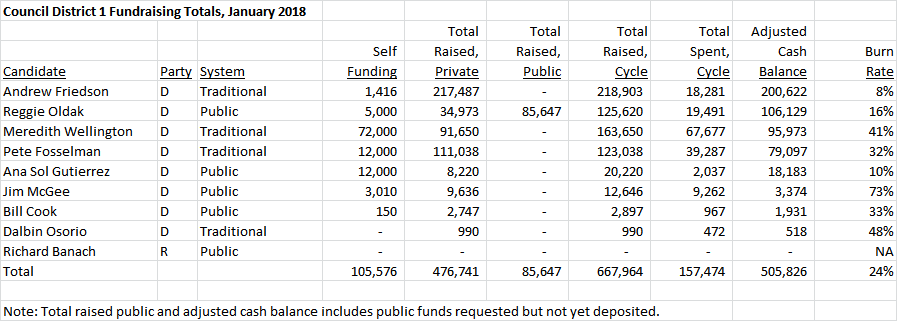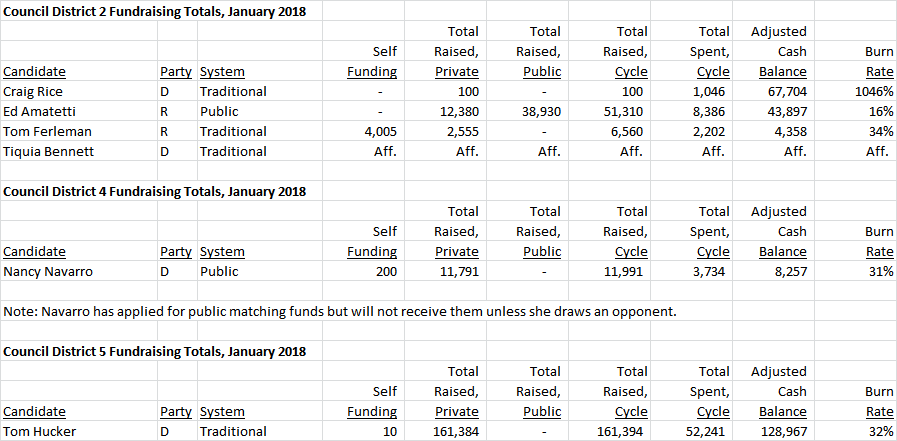from a correspondent:
Tracey C. Furman won a third term as Kensington mayor on Monday, easily turning back a vigorous challenge from her immediate predecessor and onetime ally, Peter Fosselman.
In the town’s first contested mayoral election in eight years, Furman won 420 votes to Fosselman’s 368 – a six percent margin.
The race scrambled Kensington’s recent tradition of mostly sedate local politics. Campaign-related advocacy became intense enough on Kensington’s private listserv that Furman posted a call to participants to “find a way to stick to the more mundane topics like bears, plumbers and give aways on the listserv at least until” the election was over.
Running for local office, Furman added, “should not be a blood sport.”
Given the restrictions imposed to counter the Covid-19 pandemic, residents voted by mail with the option to deposit ballots at a drop-box at Town Hall. Participation soared by 42 percent over the contested mayoral election in 2012.
Most remarkable in this year’s voting was the electoral clout demonstrated by the winning candidates for Kensington’s part-time Town Council. Bridget Hill-Zayat, a first-term incumbent, rolled up 549 votes and her campaign ally, Nate Engle, a newcomer to Town politics, won 511 votes. They easily outdistanced the third candidate, Jon A. Gerson, a longtime Kensington resident and former Council member who received 356 votes.
Hill-Zayat and Engle were allied against the controversial Knowles Manor Senior Housing project, which was the subject of a neighbors’ lawsuit challenging parking plans and traffic patterns. The litigation has been settled.
Furman’s relatively easy victory came as a mild surprise, given Fosselman’s local prominence. He previously served 10 years as mayor before stepping down in 2016 — and encouraging Furman to seek the position. She ran, and won without opposition. She was unopposed for reelection in 2018.
Furman has lived in Kensington 40 years and her supporters include many townspeople who attend the local Methodist church, where she works as facilities manager. She also is popular with members of the K’town Ladies Guild, a social club for women.
Furman ran an aggressive campaign, sharply challenging Fosselman in their lone debate nine days before the election.
At one point during the debate, which was conducted on the Zoom video conferencing platform, Furman accused Fosselman of “making this stuff up” — a testy response to his criticism that incivility and disrespect had intruded into Kensington’s official life.
Also during the debate, Furman took issue with Fosselman’s call for close enforcement of regulations on graffiti, signage, and parking, saying he preferred “to live more in a gated-type community.”
For Fosselman, defeat may mark the close of a once-promising career in electoral politics. The loss was his second in row: In 2018, Fosselman sought the Democratic party nomination for the District One seat on the Montgomery County Council, finishing a distant fifth to Andrew Friedson.
Shortly before the mayoral election, unflattering material about Fosselman, a master plan ombudsman for the county, was circulated anonymously through the mail. Fosselman said in an email to supporters that he had been called a liar, anti-Semitic, racist, and unfit to run. He also said the County Attorney “was contacted by someone making the case I have too many conflicts of interest to run … If anyone believes this is coming from some crazy person outside of Town, as has been suggested, think again. I know who some of these people are and you would be shocked.”
He did not go into specific detail, however.
Furman’s call for restraint was posted at the listserv three days before the election. She said she was not intending “to infringe on anyones [sic] right to free speech” but added, “could we possibly find a way to stick to the more mundane topics like bears, plumbers and give aways on the listserv at least until Monday June 1 at 9 p.m.,” when voting closed.
Furman, who likes to be called “Mayor Tracey,” claimed during her campaign to have brought nearly 20 businesses to Kensington. She also noted that her terms in office coincided with movement on development projects, including two senior-living complexes, one of them Knowles Manor.
She characterized herself in campaign literature as an active and engaged mayor, which is a part-time position.
“Under my leadership,” she declared, “the Town has stepped up fast and furious providing information both on our website and through bi-weekly eblasts. The Town created a COVID-19 webpage with links to important resources, virtual classes, shopping and take-out dining guides. The Town also sponsored a webinar for our small businesses to help them in applying for SBA loans.
“Keeping the [town’s] Farmers Market open every Saturday has been a priority,” she said, adding that “I’ve worked with the county to ensure our market met the requirements of the health department in order to remain operating.”
Mail voting was a departure from Kensington’s practice in local elections of voting at Town Hall during three hours in the evening on Election Day — and this year participation surged. In all, 790 votes were cast, not counting 27 ballots that were disqualified.
In the contested mayoral election in 2012, 556 ballots were submitted.
The winners begin their terms next month.






